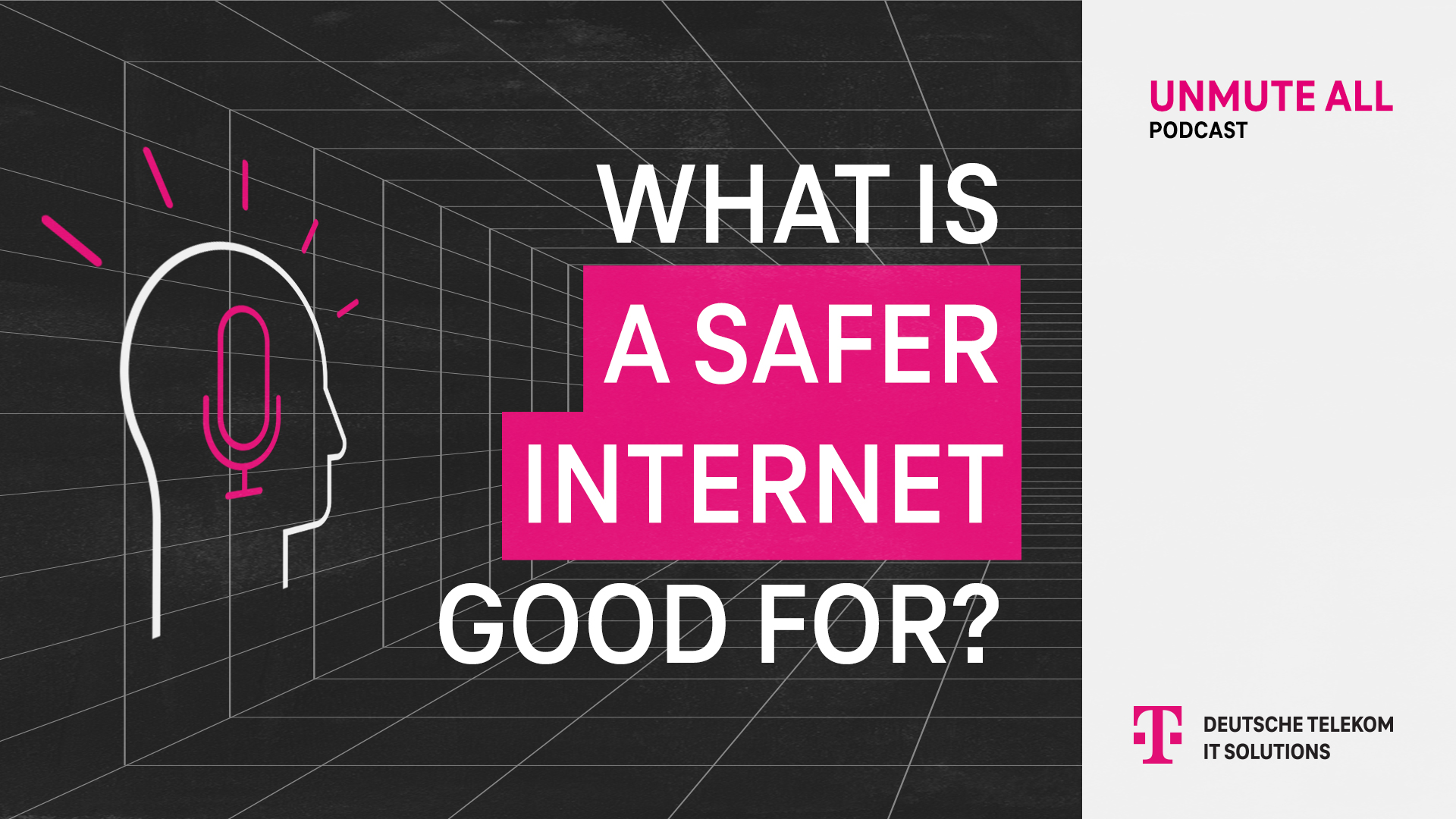What is a safer internet good for?

The internet is an essential part of our lives, providing instant communication, entertainment, and access to information. However, just like the real world, the digital landscape carries risks that require awareness and responsible behavior.
This was the focus of a recent Unmute All podcast episode featuring IT security expert Attila Kocsárdi, who highlighted the importance of Safer Internet Day on February 11. He emphasized that while a completely safe internet is unrealistic, a safer internet—where users make informed choices and take precautions—is achievable.
Let’s see some benefits of a safer internet:
Protection from Cyber Threats
A safer internet helps prevent phishing attacks, scams, and fraudulent websites. Cybercriminals exploit fear and urgency to deceive users into revealing sensitive information. Awareness and strong security measures can significantly reduce the risk of cybercrime.
Reduced Cyberbullying & Harassment
The internet enables social interaction, but it also exposes users to cyberbullying and online abuse. A safer internet fosters respectful communication, enforces stricter moderation, and equips users with tools to handle and report online harassment effectively.
Improved Digital Literacy
Digital literacy is crucial in today’s online world. Users, especially young people, must learn to recognize misinformation, avoid risky online behavior, and understand how their personal data is used. Education plays a key role in creating responsible digital citizens.
Stronger Data Privacy & Security
Personal information is a valuable asset, making data protection essential. A safer internet encourages practices like using strong passwords, enabling multi-factor authentication, and being cautious with online sharing. These habits minimize the risk of identity theft and fraud.
Healthier Digital Habits
Many online platforms are designed to maximize engagement, often leading to screen-time addiction. A safer internet promotes balance by encouraging time management, setting screen limits, and fostering awareness of the psychological impact of excessive online activity.
Conclusion
Ensuring a safer internet is a shared responsibility. By educating users, implementing cybersecurity best practices, and fostering open discussions about digital well-being, we can create a more secure and respectful online environment. On Safer Internet Day—and every day—we must take steps to protect ourselves and others in the digital world.
Listen to the episode here (Hungarian): https://www.deutschetelekomitsolutions.hu/podcasts/mire-jo-a-biztonsagosabb-internet/